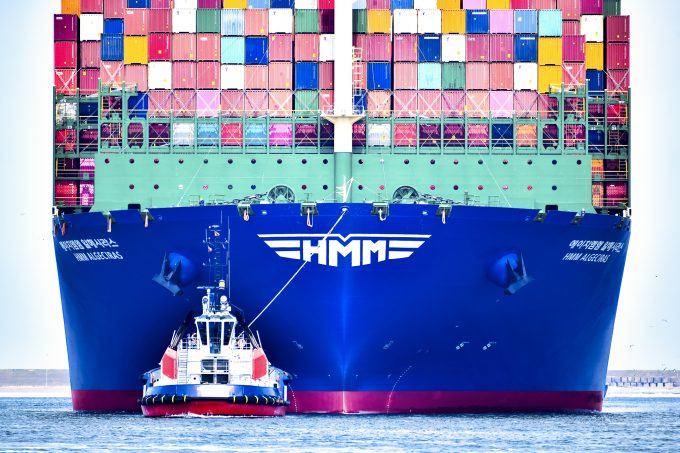ANA postpones Nippon Cargo Airlines takeover until May
The long-running takeover of Nippon Cargo Airlines by ANA Holdings has been postponed yet again, ...

It appears that the Red Sea crisis and Hapag-Lloyd’s imminent break from THE Alliance are adding weight to calls for HMM’s sale to South Korean poultry processor Harim Group to be delayed.
Last month, HMM’s largest shareholders, state-controlled Korea Development Bank (KDB) and Korea Ocean Business Corp (KOBC), chose a consortium of Harim and PE firm JKL Partners as the preferred bidder for the carrier.
HMM came under state control in 2016 after swapping debt for equity to avert bankruptcy. In 2021, ...
Trump tariffs see hundreds of cancelled container bookings a day from Asia
'Disastrous' DSV-Schenker merger would 'disrupt European haulage market'
'To ship or not to ship', the question for US importers amid tariff uncertainty
'Chaos after chaos' coming from de minimis changes and more tariffs
List of blanked transpac sailings grows as trade war heats up and demand cools
EC approves DSV takeover of DB Schenker
Shippers in Asia restart ocean shipment bookings – but not from China
Forto 'sharpens commercial priorities' as it lays off one-third of staff
India withdraws access for Bangladesh transhipments, in 'very harmful' decision
'Tariff hell' leaves industries in limbo – 'not a great environment to plan'
IndiGo fleet expansion plan will include a major push to boost cargo volumes
Pre-tariff rush of goods from US to China sees air rates soar, but not for long

Comment on this article
Michel Van Lier
January 29, 2024 at 3:21 pmYou can always still sell HMM to Hapag Lloyd